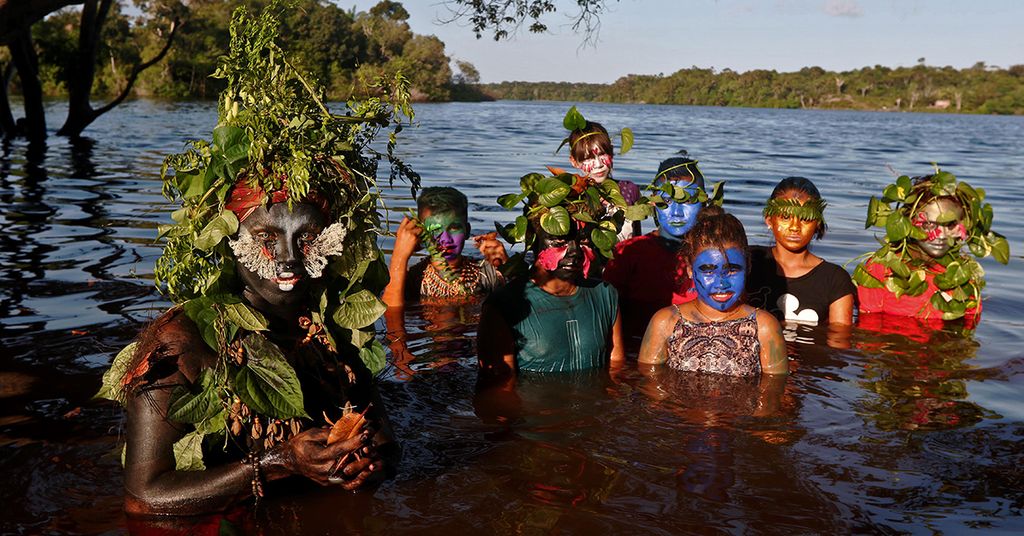RIO DE JANEIRO, BRAZIL – The Carbon Disclosure Project (CDP) – an international non-profit organization that measures the environmental impact on the planet – brought in its most recent bulletin, released this Wednesday (8), naming Brazil as one of the six countries that stood out in 2021 when it comes to environmental transparency.
This means that Brazilian states and municipalities were the most open about their environmental problems and how they act to mitigate them. According to the survey, Brazil expects to reduce carbon emissions by approximately 40% by 2030. And, in 2060, the goal is that the net emission is practically zero.
Besides Brazil, the countries highlighted in the CDP survey were the United States, the United Kingdom, Italy, Japan, and Kenya. The study entitled “Working together to beat the climate crisis: cities on the road to 2030” is based on the data announced by all nations’ city and state governments.

Fewer than a thousand cities around the world were heard for the survey.
“In this report, we focus on subnational action in cities, states, and regions in six countries on five continents where we have seen a significant increase (in participation) in reporting to the CDP on climate action. In the report, we asked cities to undertake several actions, including adopting a science-based climate goal and developing adaptation plans,” highlights an excerpt from the document released on Wednesday (8).
According to the report, the leading climate changes perceived by Brazilian states and municipalities are storms, floods, gales, and flooding. Among the 70 Brazilian cities that participated in the study, 90% face climate risks.
According to the study, to reverse the scenario, three locations in Brazil stand out. The states of Rio de Janeiro, Alagoas, and the city of Santos, in São Paulo were the ones that presented the most data on how they plan to change this scenario.
“Rio de Janeiro is working proactively with other cities in Brazil to address the water threats it faces,” the CDP points out. CNN advanced, two weeks ago, that the project to clean up the lagoon complex of Rio de Janeiro’s capital should be operational by mid-December 2021.
Iguá, the company that won the bid to operate the water and sewage services in Block 2 (Barra, Jacarepaguá, Paty do Alferes, and Miguel Pereira), the lagoon system cleaning program is expected to be delivered in mid-2022. Approximately one million Cariocas depend on the lagoon system, which bathes 17 neighborhoods in the state capital.
CDP’s research also brings a positive highlight from the state of Alagoas, which implemented a Water Redistribution System, a state program in partnership with the Ministry of Regional Development. According to the study, the project aims to provide water security to communities that struggle to find potable water.
Finally, the survey highlights the actions taken by the municipality of Santos, which “works with the Ministry of Development to map the main environmental challenges and develop solutions to solve them.”
The report also details the actions taken in cities of the other five countries that stood out regarding transparency and environmental activities this year. For example, in Bristol, UK, the city government gathers evidence of climate change daily to help inform and influence government policy.
In the United States, California is offering incentives and imposing regulations to reduce greenhouse gas emissions from all sectors, points out the study.
On a global scale, the survey shows that one in three cities in the world says they need financial support from other levels of government, such as state and federal, to implement measures against climate problems.
On the other hand, 75% of the cities guarantee that, despite economic difficulties, they are partnering with companies to reduce the environmental impacts.

